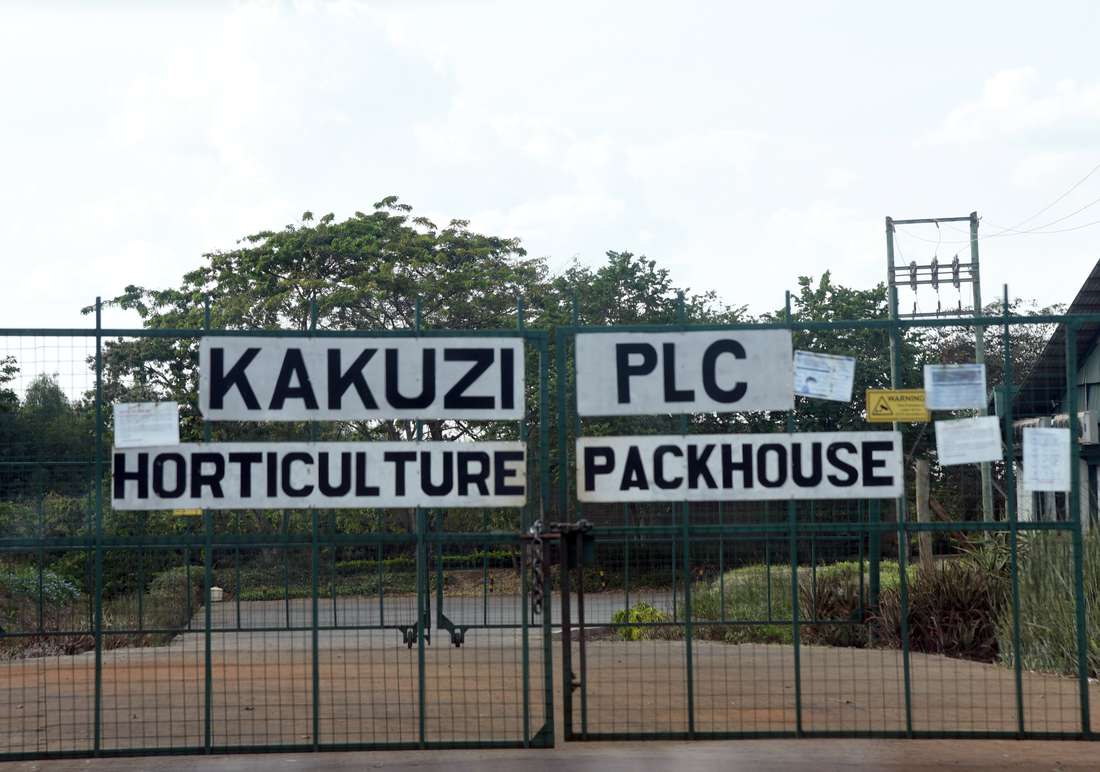Agricultural firm Kakuzi #ticker:KUKZ and one of its unnamed affiliates have so far spent a total of £4.8 million (Sh675 million) on legal costs after being accused of human rights violations.
The two companies, which are controlled by Kent-based multinational Camellia Plc, have been sued in the UK by law firm Leigh Day on allegations that their employees meted out rape and violence to scores of victims.
“The two African companies have recognised alternative dispute resolution (ADR) mechanisms locally so that any allegations are properly examined,” Camellia said in a trading update.
“The cost of this ADR process will be expensed in 2020 and in the future and will be in addition to the £4.8 million (Sh675 million) of legal and related costs incurred in 2019 and up to June 30, 2020 as previously disclosed.”
On its part, Kakuzi says it has made a provision for the costs in its accounts, adding that it will not know the full amount until the matter is concluded.
The expense will be disclosed to shareholders in the financial report for the year ending December, Kakuzi’s managing director Chris Flowers told the Business Daily.
The costs have been rising steadily, having stood at £3.5 million (Sh492 million) as of March.
Camellia holds a 50.7 per cent stake in Kakuzi and also owns other subsidiaries in Kenya, Tanzania, Malawi and South Africa.
“If there has been any wrongdoing those responsible will be held to account, and if shortcomings are identified the companies will improve their safeguarding processes and victims will be compensated,” the multinational said.
“Complainants can access independent legal advice, the costs of which will be borne by the operating companies, including if claims fail.”
Camellia had earlier stated that it does not control Kakuzi’s board or its day-to-day operations in a bid to distance itself from the agricultural firm’s troubles.It has since deleted the demonstrably false claim, insisting that the Nairobi Securities Exchange-listed firm has a separate governance structure.“It is managed by its own board of directors on behalf of its 1,300 shareholders, most of whom are Kenyan,” Camellia says of Kakuzi in its amended statement.The human rights row comes at a time when companies are being held to increasingly higher ethical standards by consumers and investors, especially in developed markets.British supermarkets Tesco, Sainsbury’s and Lidl have stopped buying Kakuzi’s avocadoes pending further investigation into the alleged crimes.
